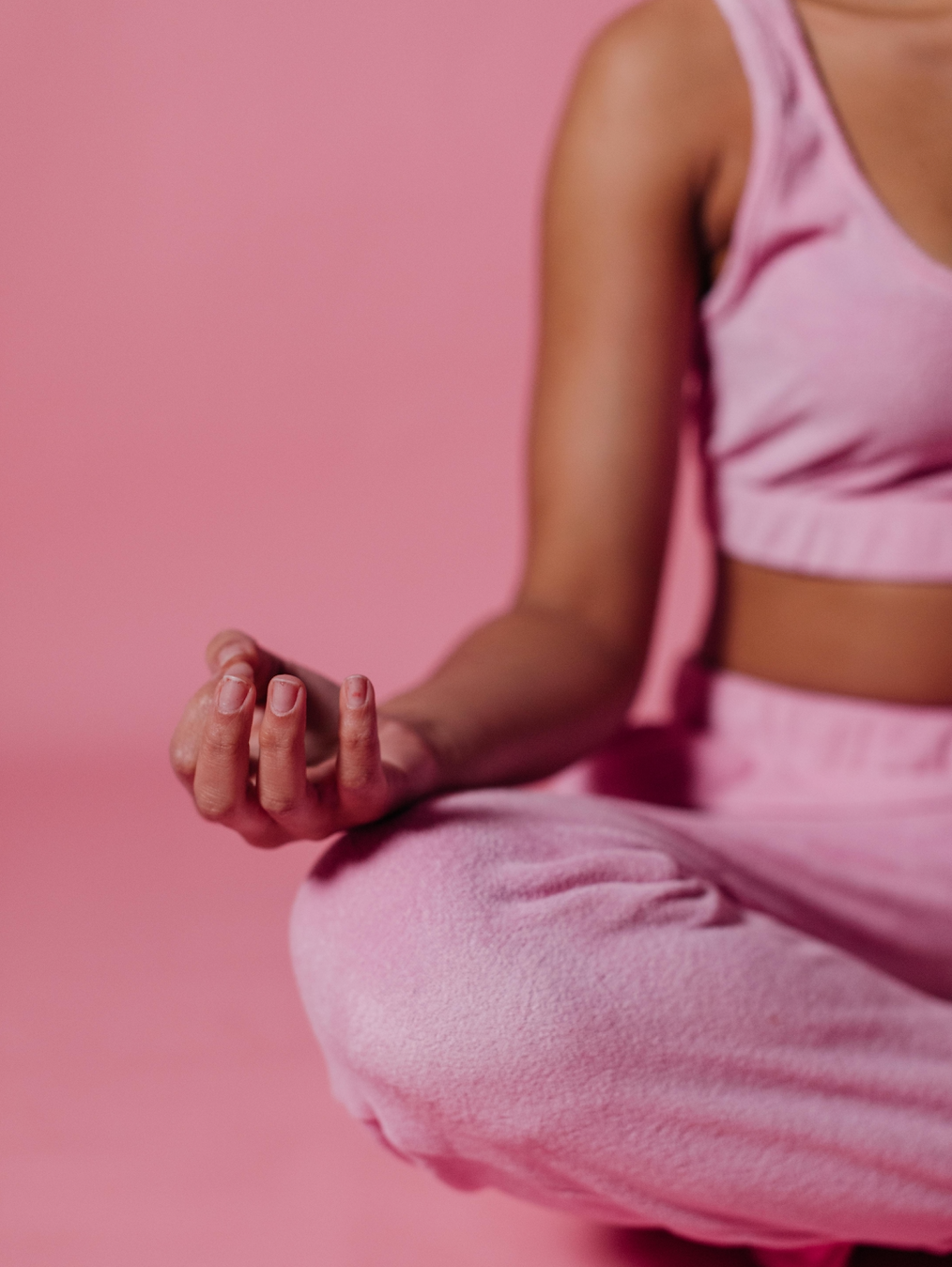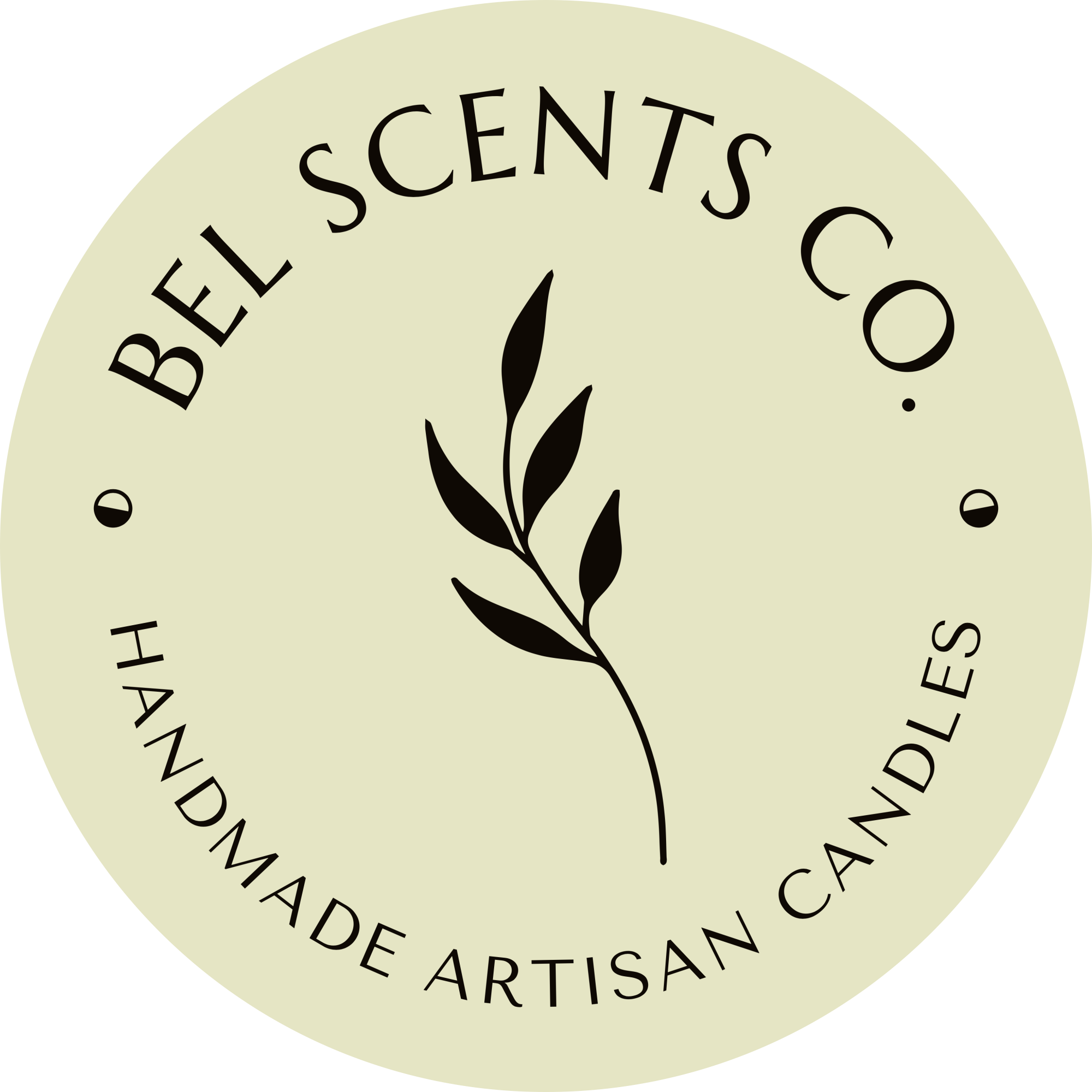
Mental Health + Good Practices - How Pure Essential Oils Can Help
 Let me start by asking a question, why are we facing unprecedented mental health issues? Was it always there, but never recognised or has there been an incline due to lifestyles technology and the breakdown of community and family.
Let me start by asking a question, why are we facing unprecedented mental health issues? Was it always there, but never recognised or has there been an incline due to lifestyles technology and the breakdown of community and family.
What's your thoughts?
We cannot deny that today’s fast-paced, hyperconnected world has lead to some very important issues being raised.
I believe there are many factors that have influenced the incline in numbers and each situation is unique. But we do live in a world that has become more self aware. Self-care has never been more apparent or more urgent to modern life. The ever increasing demands on our time, attention and energy. We are finally recognising that the emotional and psychological well being is just as vital as physical health.
How can we stay in touch with our wellbeing with such demanding schedules and stress. Our fast pace of modern life, economic pressures, social isolation and digital overload all contribute to a growing sense of emotional exhaustion. There is nothing left. We can not let our emotional resilience become fragile we need to build on it, work on it and take care of it. It requires effort, connection and a plan!
While our cultural awareness of our mental health is now recognised and there is not longer stigmatised or the hidden approach, we see it openly discussed amongst celebrities, athletes, influencers and how they did it.
But they are not you. And your life, your story, your journey is yours and unique to you.
What we now know is that much of our mental and physical health are deeply intertwined. Chronic stress can contribute to a weakened immune system, inflammation and heart disease as well as digestive issues. Similarly poor sleep and lack of movement and nutrient deficiencies can impact mood, cognition and energy levels as well as many many other complications.
Self-care practices that support mental health and have boundless effects on our physical wellbeing too.
Constant connectivity equates to constant pressure our digital worlds keep us tethered to work, news, social comparisons and notifications, While technology has its place. The need to "Switch OFF" has become an essential part of mental health. Doing this will reduce those boundaries that are so hard to define between work and personal time. Create a more positive atmosphere rather than having constant exposure to negativity and online hostility. Switching off will stop elevated stress through constant stimulation and unrealistic expectations. Giving us mental clarity.
Implementing mindful activity's into a life can help us to centre and have this clarity “Preventive mental health care". Taking care of your mental health is not a luxury or a trend—it's a necessity. As awareness grows, so too does the understanding that self-care isn’t just a buzzword—it’s a critical part of living a balanced, meaningful, and sustainable life.
- Daily mindfulness practices
- Prioritizing sleep and rest
- Setting healthy boundaries
- Seeking therapy or counseling
- Using holistic tools like journaling, essential oils, movement, and nature
Self-care isn’t selfish or indulgent—it’s maintenance. Just as we eat and exercise to protect our bodies, we now understand that tending to our emotions and mental space is equally necessary.
When we take this time to practice self acre routines, there is ripple effect that creates causes in our life. So each time you practice self care you cause these ripples in your life. When one person priorities their mental well-being, the benefits extend beyond them.
- Communicate better
- Build stronger relationships
- Work more effectively
- Model resilience and empathy for others
On a societal level, investing in mental health reduces healthcare costs, increases productivity, and creates more compassionate communities.
Mental health and self-care have become growing priorities not because life has become easier—but because it has become more complex. The challenges of modern living, demand more than endurance; they require intentional restoration. Here are some ways we can utilise in our daily rountine to include restoration.

- Simple daily mindful practices (breath work, journaling, gratitude, mindful walking. these opportunities bridge the gap between mindfulness and emotional resilience
- Giving - “there is more happiness in giving, than in receiving" Giving of our time and energy for someone else is a great way to help your emotional balance. Being helpful to friends and family or volunteering are great places to start.
- Aromatherapy: sensory aromatherapy is a holistic healing practice that uses natural plant extracts, especially essential oils, to promote physical, emotional, and mental well-being. It works primarily through the sense of smell (olfaction), making it a sensory-based therapy deeply connected to how our brain processes scent and emotion
- Try essential oil shower using revitalising essential oils like Lemon, Grapefruit or Orange they are great ways to start the day. Add a few drops of essential oil to a washcloth placed on the shower floor (away from direct water stream).
- Roll on blends , apply to temples or wrists during an afternoon slump or when you need mental clarity.
- Sunlight Exposure 10min everyday sit or walk stand outside.
- Mindul breathing exercises 5 min
- Start a journal, where you focus on positive thoughts and gratefulness.
- Implement Daily, gentle movement like cleaning, gardening, yoga, pilates, walking
- Hydrate! Drink lots of water and eat healthy
- Turn off devices or go to aeroplane mode 1-2 hours before bed. Try it for a week
- Go to sleep at the same time every night
- Find a hobby that you enjoy and practice it weekly
- Read something positive everyday.

Pure essential Oils Can Help Support Mental Health
As you all know my business life centres around pure essential oils and making products that are not only beautiful, but purposeful. I have always been a practical person and that's why I believe in practical products.
Many are turning to natural remedies to support their mental health. One of the most time-tested and increasingly popular tools is aromatherapy using pure essential oils. Far from being just pleasantly scented liquids, pure essential oils carry powerful compounds derived from plants that can have profound effects on the mind and body. That has been used through the centuries.
The Science Behind Aromatherapy and the Mind
Aromatherapy works primarily through the olfactory system—our sense of smell. When we inhale essential oils, scent molecules travel through the nose and interact with the limbic system, the part of the brain that regulates emotions, memory, and even behavior. This connection helps explain why certain smells can instantly make us feel calmer, more focused, or more uplifted.
Key Mental Health Benefits of Essential Oils
-
Stress Reduction
Pure essential oils like lavender, bergamot, and ylang ylang have calming properties that can help reduce cortisol levels (the stress hormone) and encourage relaxation. Diffusing lavender oil in the evening, for example, can ease tension and prepare the body and mind for restful sleep. -
Anxiety Relief
Oils such as frankincense, chamomile, and clary sage have been used to reduce symptoms of anxiety. They can promote deep breathing and calm nervous energy—especially helpful before high-stress situations like public speaking or social events. -
Mood Enhancement
Certain essential oils have uplifting effects on mood. Citrus oils like orange, lemon, and grapefruit can help improve feelings of low energy and sadness. Peppermint is also known to stimulate the senses and combat mental fatigue. -
Improved Focus and Mental Clarity
For those struggling with brain fog, distraction, or lack of motivation, essential oils such as rosemary, peppermint, and eucalyptus may help improve cognitive function and clarity. These oils can be especially beneficial during work or study sessions. -
Sleep Support
Poor sleep can seriously impact mental health, and essential oils can help. Lavender, cedarwood, and vetiver are grounding oils that help calm the nervous system, making it easier to fall and stay asleep.
How to Use Essential Oils for Mental Wellness
There are several simple and safe ways to integrate essential oils into your daily self-care routine:
- Diffusion: Use an essential oil diffuser to fill a room with therapeutic aromas. Ideal for stress relief, sleep support, or setting a calming mood at home or work.
- Topical Application: Dilute essential oils in a carrier oil (like jojoba or coconut oil) and apply to pulse points (wrists, temples, behind the ears). This method allows you to carry the scent with you throughout the day.
- Baths: Add a few drops of your favorite oil to a warm bath, preferably with Epsom salts, to create a deeply relaxing soak.
- Inhalation: Place a drop of oil on a tissue or your palms, cup your hands over your nose, and breathe deeply for a few minutes. This is a quick and portable method to center yourself.
- Aromatherapy Jewelry: Diffuser bracelets and necklaces allow you to wear essential oils throughout the day for ongoing emotional support.
Purity Matters: Why Quality is Essential
When using essential oils for mental health, purity and quality are critical. Synthetic fragrances and diluted blends may smell nice, but they don’t offer the therapeutic benefits of true essential oils—and in some cases, they may even cause irritation or adverse reactions.
Look for oils that are:
- 100% pure and undiluted
- Therapeutic grade
- Sourced from reputable companies with transparent testing (GC/MS reports)
- Free of additives, fillers, or synthetic fragrances
Caution and Best Practices
While essential oils can be powerful allies for mental health, they must be used with care:
- Always dilute oils before applying them to the skin.
- Do a patch test to check for sensitivities.
- Some oils are not safe for children, pets, or pregnant individuals—do your research before use.
- Use essential oils as a complementary therapy, not a replacement for professional mental health support.
Final Thoughts
Pure essential oils offer a beautiful bridge between nature and mental wellness. When used intentionally, they can help ground your thoughts, uplift your spirit, and restore a sense of balance in your daily life. Whether you're diffusing lavender during a stressful day or carrying a citrus blend to energise your mornings, essential oils can be a simple yet powerful way to nurture your mental well-being.
For pure essential oil aromatherapy products check it out online @ https://www.belscentco.com.au


0 comments